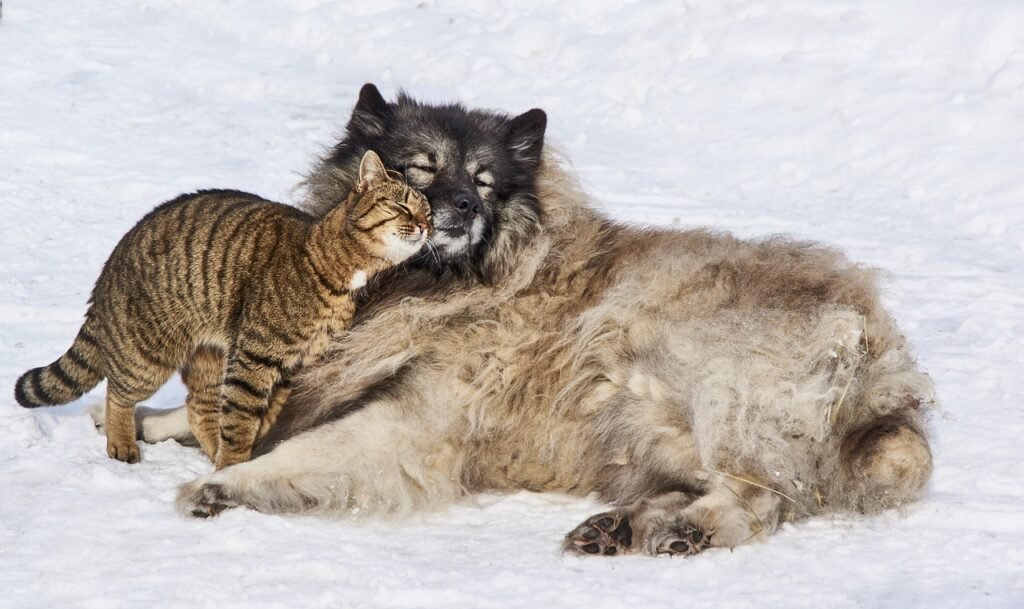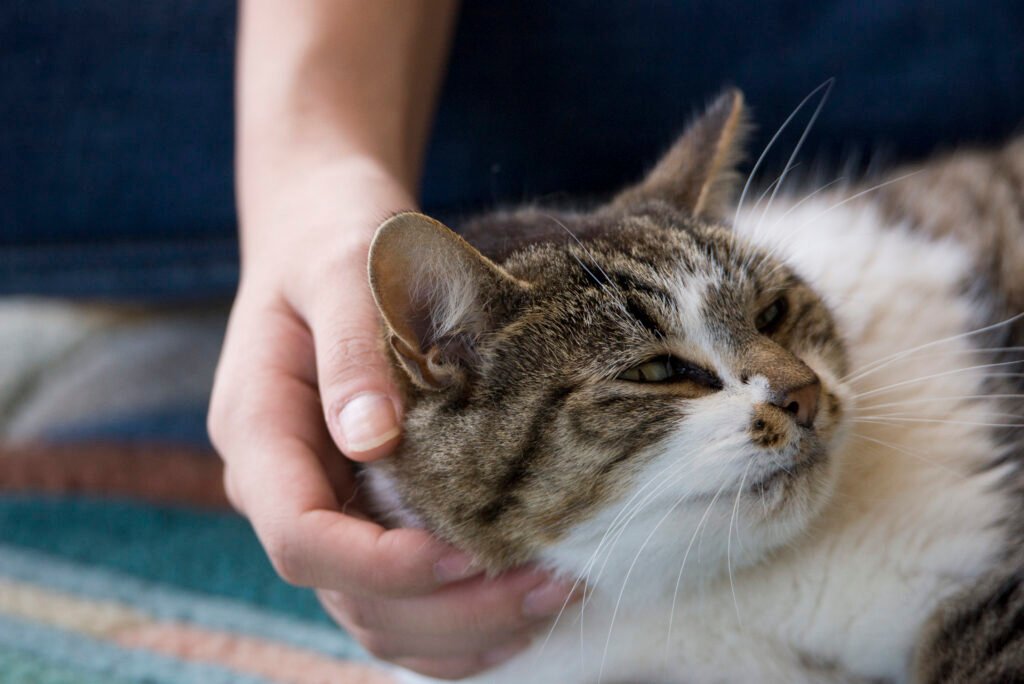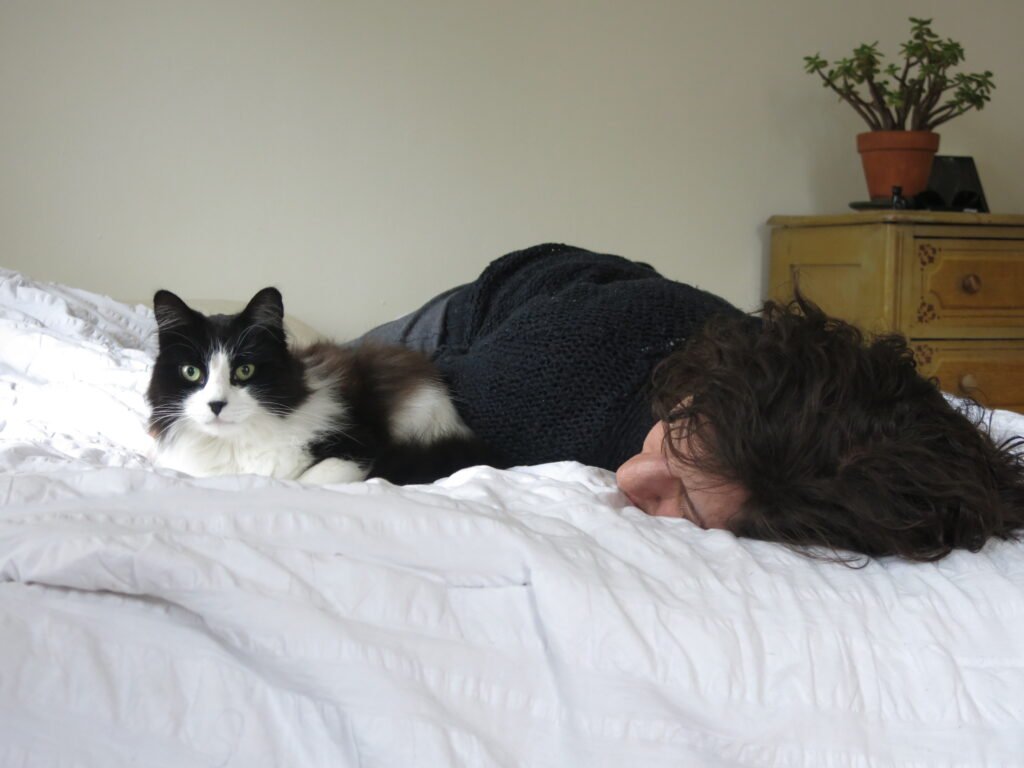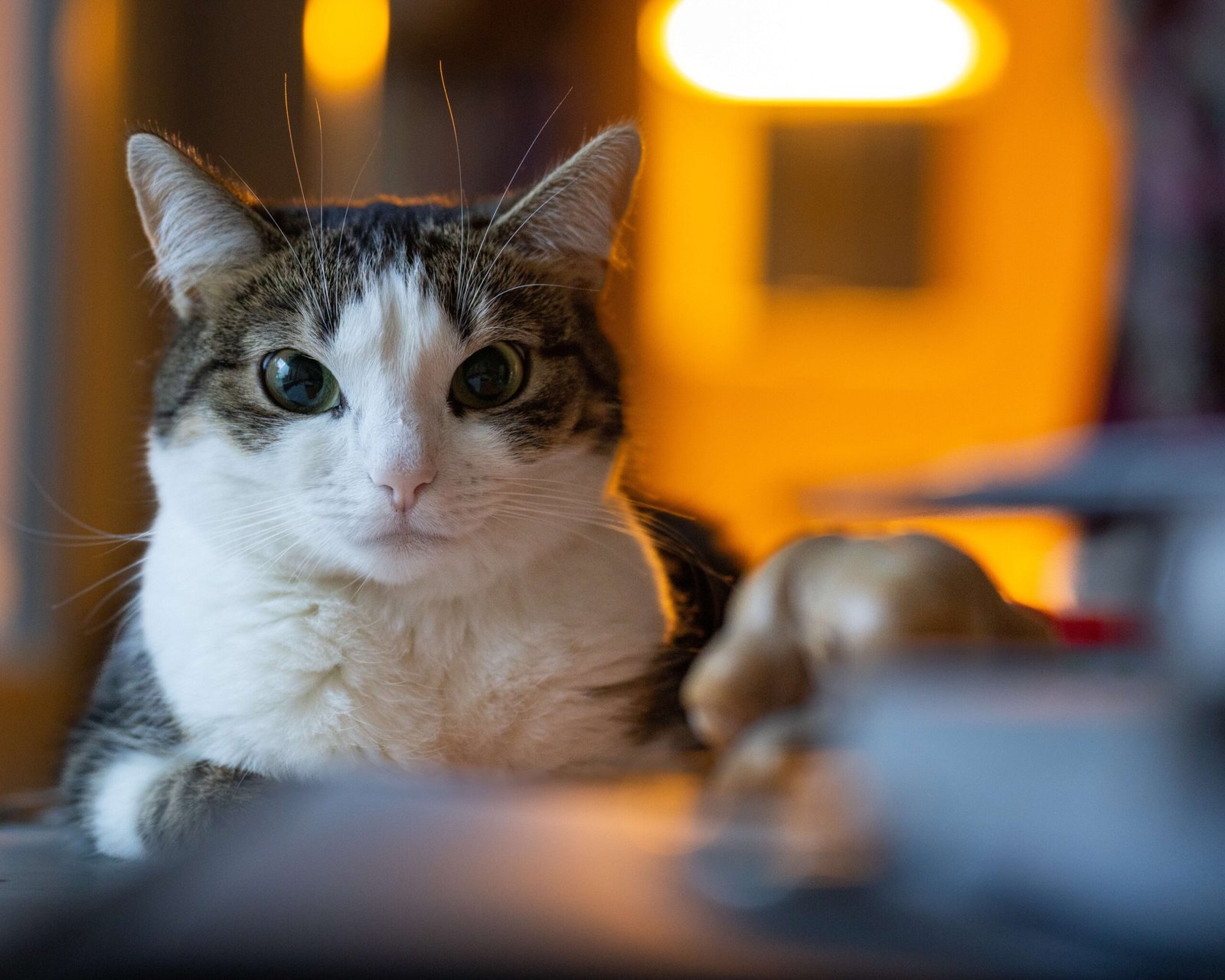The death of a beloved pet often leaves a heavy silence in the home—but humans may not be the only ones feeling it. New research suggests that surviving pets—especially cats—can also experience a form of grief.
Cats are often misunderstood as emotionally detached or independent, but a recent study published in Applied Animal Behaviour Science reveals that they may be more emotionally aware than we give them credit for—especially when a pet companion they were bonded with dies.
In the study, 412 cat caregivers who had recently lost another household pet—either another cat or a dog—shared observations about their surviving feline’s behavior. Many described significant shifts, some subtle, others strikingly out of character.
“We always hoped the surviving companions would show us they cared,” said Dr. Jennifer Vonk, a psychology professor at Oakland University and co-author of the study. “The reactions are subtle, but sometimes very moving.”
Reported changes included loss of appetite, decreased interest in play, increased vocalizations, and more frequent seeking of human attention. Some cats even withdrew completely, retreating into hiding spots they’d previously ignored.
A Bond Beyond Species

What stood out most to researchers was how the strength of the bond between the animals influenced the surviving cat’s behavior. Cats who regularly played, groomed, or slept beside their lost companions were far more likely to exhibit what appears to be signs of mourning.
“I was surprised the closeness of the relationship had such a measurable impact,” Vonk told PsyPost. “It suggests something very real and complex is happening emotionally for these animals.”
Surprisingly, it didn’t matter whether the deceased companion was a fellow cat or a dog. Cats who had lost canine friends were just as likely to display behavioral changes, reinforcing the idea that interspecies relationships can carry just as much emotional weight.
These findings challenge old notions that grief is exclusive to humans or highly social animals like dogs, elephants, or primates. Cats, it seems, can experience their own quiet heartbreak.
Understanding the Emotional Landscape

Of course, one complication in interpreting feline grief is that it can sometimes mirror the emotions of their human caregivers. The study found that those who were strongly bonded with their surviving cat—or deeply mourning their lost pet—were more likely to report noticeable behavioral changes.
“We can’t rule out the possibility that owners are projecting their grief onto their pets,” Vonk admitted. “Or, perhaps the cats are responding to shifts in their owner’s behavior or emotional availability.”
In homes where sorrow hangs heavy in the air, emotionally sensitive animals may be responding in kind—absorbing the household atmosphere and acting accordingly.
Whether the cat is mirroring their owner’s sadness or experiencing their own loss, one thing is clear: the emotional lives of cats are more complex than many have assumed.
What This Means for Pet Owners

Although the study relied on owner-reported behavior rather than physiological data, researchers hope to expand their work to include other species and more objective measurements. That could include direct observation or even testing for stress markers like cortisol levels.
“We’re expanding our research to look at other species, including horses,” Vonk said. “Understanding how animals process loss helps us improve their emotional care.”
For now, the takeaway is simple: cats do notice when a companion is gone—and they may be grieving in ways we’re only beginning to understand. If your cat seems off after a pet’s death, don’t dismiss it. Be patient, offer comfort, and let them heal in their own quiet way.







